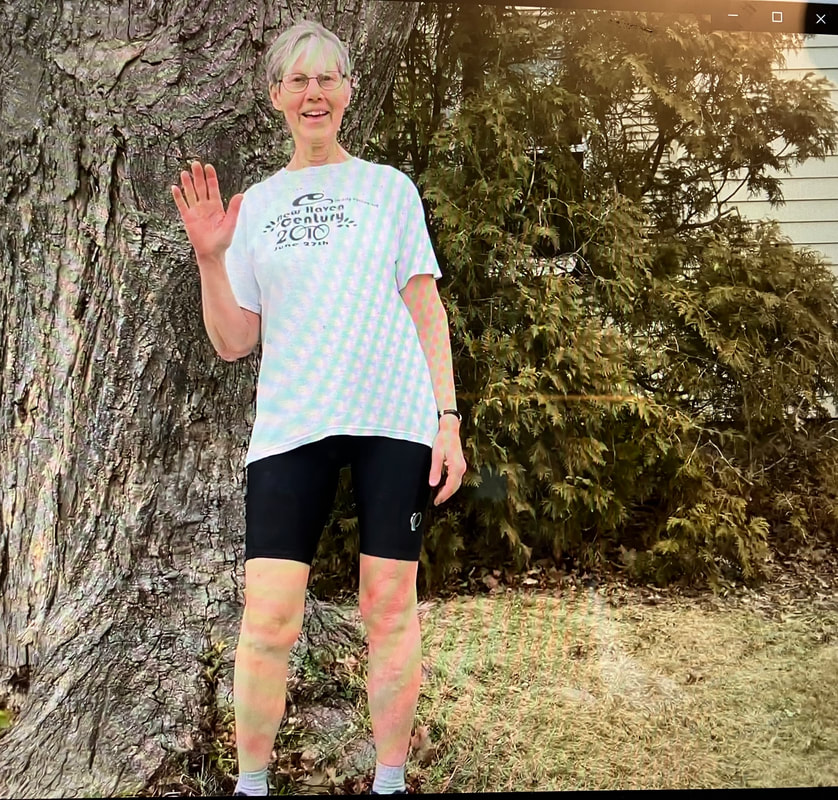But it wasn’t just one day. Since December there have been just a handful of what we used to call “normal” weather days, which included cold, some snow, some ice. This year the overnight temps rarely dropped below 30 degrees, and daytime temps were almost always in the 40s, and 50s, sometimes 60s.
Twenty years ago, a climate change study in Connecticut predicted we’d have a climate like North Carolina’s by 2050 if we didn’t take action to reduce global heating. It’s here now, folks.
As a Buffalo native, I think snow is normal in winter and I actually love snow, as long as it’s fluffy. It’s great for cross-country skiing and nothing could be prettier to look out on while cozily ensconced in a warm home.
I am aware that many people don’t have a warm home – or any home – and I would say this non-winter winter has been a blessing for them. And I see many advantages myself. As an elder, I haven’t had to be super-careful about slipping on the ice, since there hasn’t been any. It sure makes winter biking easy and enjoyable, since the bane of my winter cycling has always been a nose that won’t stop running and is hard to address while wearing a balaclava. And really – what’s not to like about a beautiful warm day?
I try to appreciate the lovely weather as it comes and not think too much about what it portends for the summer. Last summer was hideous – with at least a six-week-long heat wave from mid-July through August (and maybe September, it’s hard to remember). I can only guess that the steady warming of our Connecticut climate will bring the same or worse this year.
I find it infuriating and depressing that none of the meteorologists on TV and even the local NPR station ever breathe the words “climate change” or “global heating.” They’ll laugh and say it’s another above normal day, but never an explanation of this very clear trend.
I interviewed a Congressional candidate last year who had worked as a TV meteorologist for an Illinois station for 20 years – and talked about climate change. He made the connections to people’s lives, like how the hotter, drier weather – punctuated by heavier rainstorms – affected farming in the region. He said he was in the first class of TV meteorologists who was trained by Climate Matters in the Newsroom, now called Climate Central. Here’s a link to the audio and transcription on Between the Lines. I sent a note to my local TV station encouraging them to get with the program. I’ll let you know if anything happens.

 RSS Feed
RSS Feed
